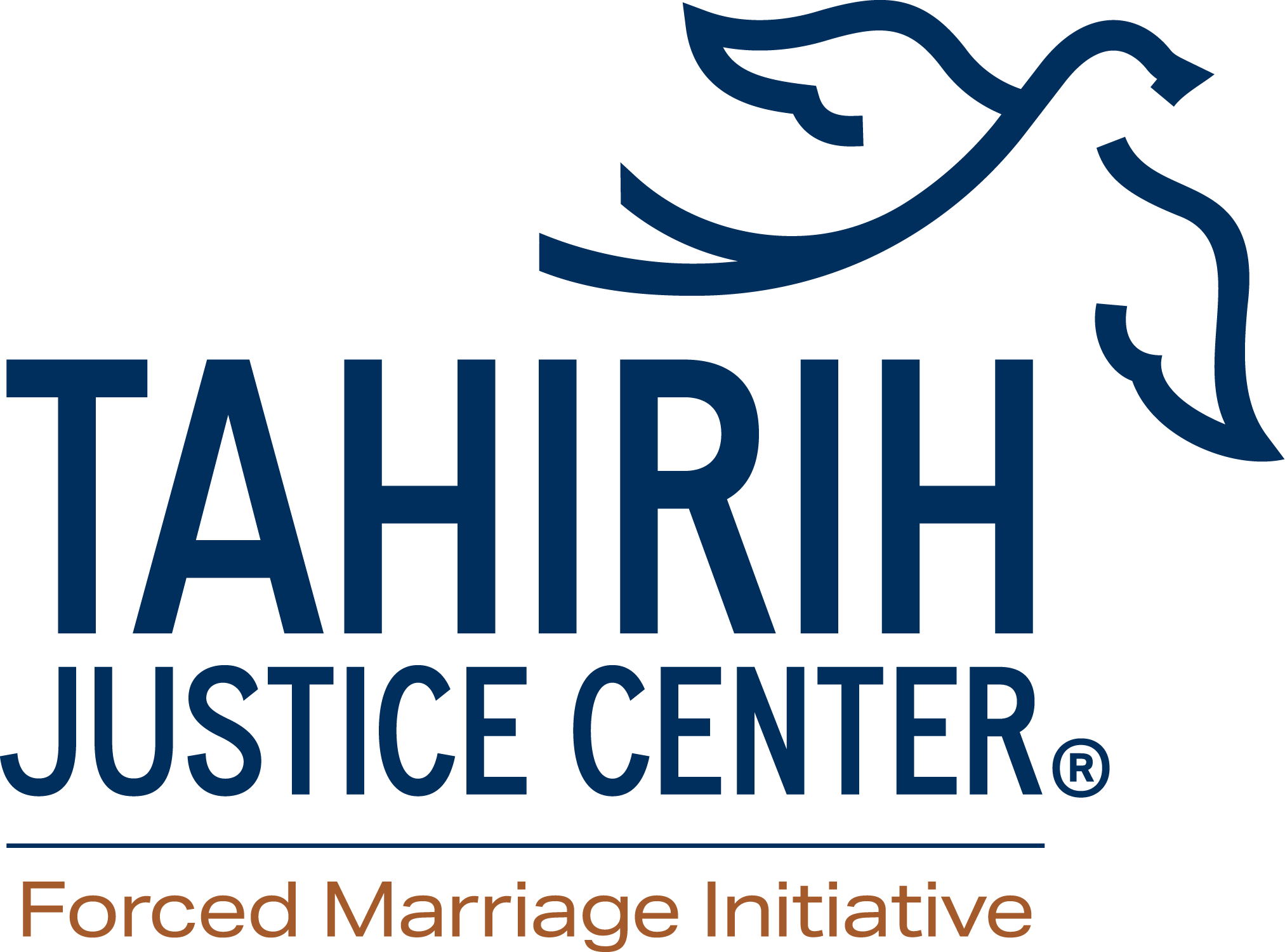Webinars
Webinar: Supporting Individuals at Risk of Forced Marriage – Guidance for Refugee Service Providers
This webinar provides an overview of the nature and scope of forced and child marriage in the United States, with a focus on its manifestation within refugee communities. Viewers will be equipped with the knowledge and tools to effectively screen for and identify the complex and intersecting dynamics faced by survivors of forced and child marriage and how to provide appropriate support within your mandate and when to make timely and effective referrals.
Webinar: Recognizing When Students Are Facing Forced Marriage – School Social Workers as a Critical Lifeline
Forced marriage impacts students from all religions, cultural backgrounds, national origins, and economic status. The challenges of detection and disclosure of this form of abuse. The challenges of detection and disclosure of this form of abuse can be complicated by the multiple coercive and manipulative tactics employed by close family and community members.
These dynamics are exacerbated for children under age 18 and youth still reliant on their parents or other family, who are often limited in their ability to self-help without the advocacy of a supportive adult. A school social worker may often be the only individual that a youth at risk of forced marriage has regular access to, making the role of school social workers critical at every level: identification, support and referral, direct intervention, and systems advocacy.
Tahirih is proud to share a webinar recording: Recognizing When Students are Facing Forced Marriage – School Social Workers as a Critical Lifeline. This webinar covers the nature and scope of forced marriage in the United States, common dynamics, warning signs and coping mechanisms, and best practices for identifying individuals at risk and starting a supportive conversation.
Webinar – Spotting Signs of Forced & Child Marriage & Human Trafficking: The Role of Marriage Officiants in the U.S.
During this webinar, the Forced Marriage Initiative and Justice of the Peace Association provide tips for marriage officiants who may encounter cases of forced marriage, child marriage, or human trafficking in the course of their routine business.
Forced and child marriage are significant, yet hidden, problems in the United States that impact women and girls from every socioeconomic status, ethnic and religious background. Victims often face physical and psychological abuse, rape, denial of education and opportunity and minors threatened with forced marriage face increased vulnerability given their significant legal limitations which often restrict their access to services as well as their ability to leave home and seek help and protection. Marriage officiants who encounter forced marriage, child marriage, and human trafficking during their work can play an important role in connecting individuals at risk to the services and support they need to seek safety.
Webinar – Spotting the Signs of Forced Marriage: Tips for Hotline Advocates
During this webinar, the Forced Marriage Initiative provides tips for hotline advocates who encounter cases of forced marriage in their work.
Forced marriage is a significant, yet hidden problem in the United States that impacts individuals of every socioeconomic status, ethnic, religious and cultural background. More often than not, forced marriage is just one part of a spectrum of other harms that an individual who is forced to marry may face in their lifetime. In fact, forced marriage can often lurk behind the issues that first present themselves including mental health concerns, physical and psychological abuse, sexual assault and rape. Advocates at the National, State, and Local Hotline level are on the front lines of victim response and can often be the first point of contact for individuals at risk and survivors of forced marriage seeking assistance and support.
Professor Lisa Martin – Using Civil Protection Orders to Prevent Forced Marriage
This webinar features Lisa V. Martin, Assistant Professor at University of South Carolina’s School of Law. Professor Martin is the author of Restraining Forced Marriage, the first report to undertake a detailed evaluation of the viability of civil protection orders to address forced marriage in the United States.
Although protection orders show promise as a tool to prevent forced marriage in many states, the nuances of current legal standards defining what kinds of abuse – and by whom – are covered severely limits the practical utility of most civil protection orders for those without expert representation. To enhance the accessibility of protection orders in a forced marriage context, Martin recommends that states create a new forced marriage protection order to address the specific needs of those facing this problem.


